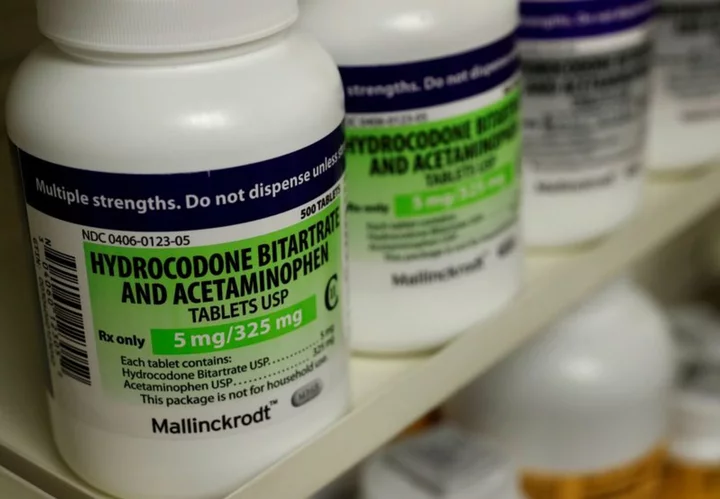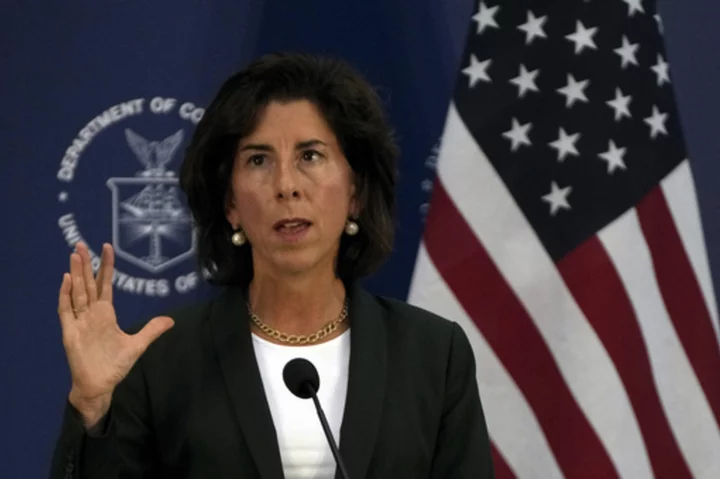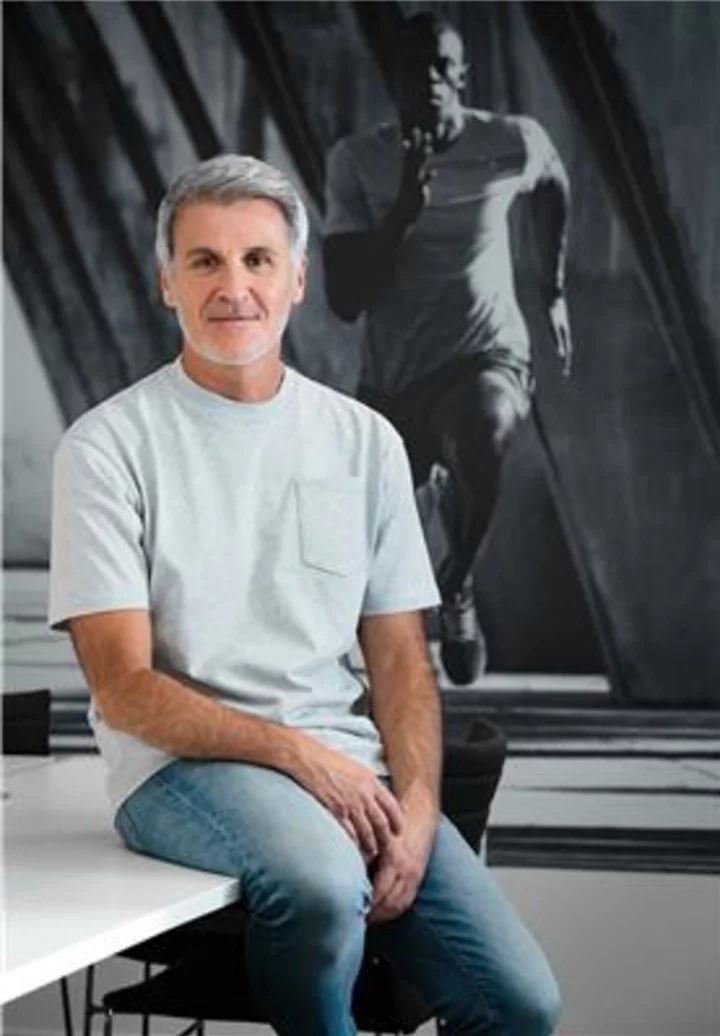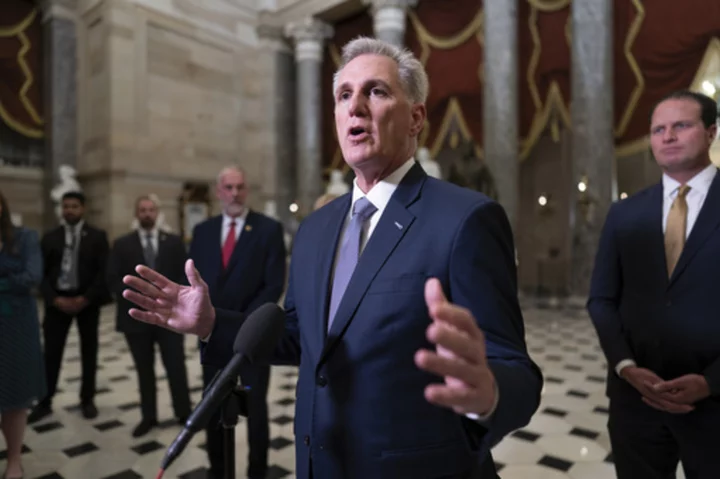Drugmaker Mallinckrodt said on Wednesday it expects to file for a second bankruptcy in the coming days, after reaching a debt reduction deal that would cut $1 billion from the amount it owes to victims of the opioid crisis.
The agreement announced Wednesday would reduce Mallinckrodt's debt by about $1.9 billion and cancel existing equity shares. Mallinckrodt's creditors would end up owning the company, which previously filed for bankruptcy in 2020.
The drugmaker's shares, which have already lost about 92% of their value this year, fell 18.4% to 48 cents in early trading after the company announced a new restructuring agreement with its creditors and an opioid victims trust.
The company will make a one-time and final payment of $250 million to the trust in addition to $450 million it has paid. The new deal would leave opioid creditors with $1 billion less than the $1.7 billion settlement that Mallinckrodt agreed to pay as part of its 2022 exit from the company's earlier bankruptcy.
Mallinckrodt failed to make a $200 million payment to the opioid trust due in June, prompting the company to launch a negotiation with its stakeholders.
The agreement and bankruptcy will "enable Mallinckrodt to better align our balance sheet with our current business plan," said Siggi Olafsson, the company's president and chief executive officer.
Mallinckrodt said that its current level of creditor support should allow the company to complete its second bankruptcy by the end of 2023.
The Ireland-based company is one of the largest manufacturers of opioids. It also makes generic and branded drugs such as Acthar Gel, which is used to treat multiple sclerosis and infantile spasms.
Before its 2020 bankruptcy filing, Mallinckrodt was a defendant in more than 3,000 lawsuits alleging that it used deceptive and misleading marketing tactics to boost its sales of highly addictive opioid drugs.
Drug manufacturers, drug distributors and pharmacy chains have agreed to pay more than $50 billion in settlements to resolve lawsuits related to the U.S. opioid crisis.
(Reporting by Pratik Jain, Mariam Sunny and Khushi Mandowara in Bengaluru and Dietrich Knauth in New York; Editing by Maju Samuel, Shinjini Ganguli and Alexia Garamfalvi)









